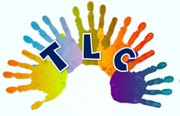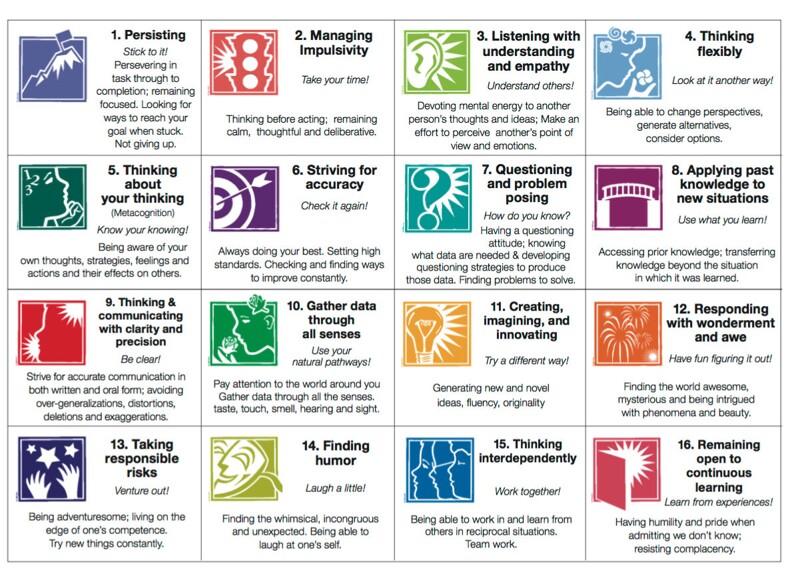- Home
- About Us
- Values, Vision, Ethos
Values, Vision, Ethos
Our Values
We are committed to pursuing excellence for our children in all that we do.
This doesn’t mean that we are perfect and never get things wrong. It just means that we are actively pushing forward towards the best possible provision for our children.
As part of this vision, our school values, T L C (Thinking, Learning and Caring), are pivotal to who we are, all that we do, and all that we aim to be.
Thinking
We believe that developing deep-thinking, self-reflective learners is central to helping children to thrive in today’s (and the future) world. It is a whole school approach to developing children’s cognitive capability and intelligent learning behaviours. We use resources and strategies that are designed to teach children how to adapt to the unknown, and how to develop knowledge and skills that enable them to make progress at whatever they set their minds to. The “Thinking” strand of our values runs through “Learning” and “Caring” and relates to a project we are part of called “Thinking Matters”.
Learning
Learning is what we are all about at AJS. We see learning is the lifelong process of transforming information and experience into knowledge, skills, behaviours, and attitudes. Learning and education impart more than just knowledge and skills, however. They also transmit the values, attitudes, and behaviours we want to promote in our children.
We want all of our children to love learning, to be able to persevere, and to be courageous, and not afraid to make mistakes. We want to encourage children to be lifelong learners. We know that research suggests that people who practice continuous or lifelong learning are happier on average, perhaps because lifelong learning helps people to keep developing their passions and interests, which bring us happiness.
Caring
Caring is no less important than our other two values. At AJS we learn to care for each other, ourselves and our world. Our care for each other is what gives AJS its inclusive, happy and supportive atmosphere, where children are encouraged to be thoughtful, kind and responsible members of our community. We learn how to be caring friends, and how to support, encourage and celebrate each other’s successes. Kindness/caring is more than just a ‘nice thing to do’. It plays a crucial role in our well-being. Research has shown that kindness improves our physical and mental health – whether we’re giving kindness, receiving kindness or even just witnessing kindness.
Our Aims
To provide a stimulating, hard working and caring environment in which each child feels happy at school and anticipates transferring from Key Stage 1 with interest and enthusiasm.
By aspiring to high standards, we aim to develop a sense of pride that can be shared by children, teaching and non-teaching staff, parents and our local committee.
To encourage parents to take an active part both in school activities and in their child’s education so that they work in partnership with the school for the benefit of their children.
To encourage children to take an active part in their own learning and in the life of the school. To encourage children to take responsibility for their own learning and behaviour.
To ensure equality of access for all to the curriculum, to opportunities and resources, regardless of gender, ethnicity, ability, need, disability, religion or culture.
To provide deep knowledge, experiences and values that work to close the achievement gaps for groups of children (socioeconomic and cultural diversity).
To provide children with curriculum knowledge and planned opportunities, and to encourage them to think deeply about what they’ve learned and apply it to different or similar situations.
Habits of Mind - Successful Learners
Habits of Mind are the characteristics that thoughtful people show when they are confronted with problems, the resolutions of which are not immediately apparent. Different situations can require any number of these habits, that support people to work through and overcome challenges, and be successful in what they are trying to achieve. These habits of mind can be explicitly taught and established as part of a learner's tool kit for success, and we, at AJS, are actively working towards these with our children over time.



